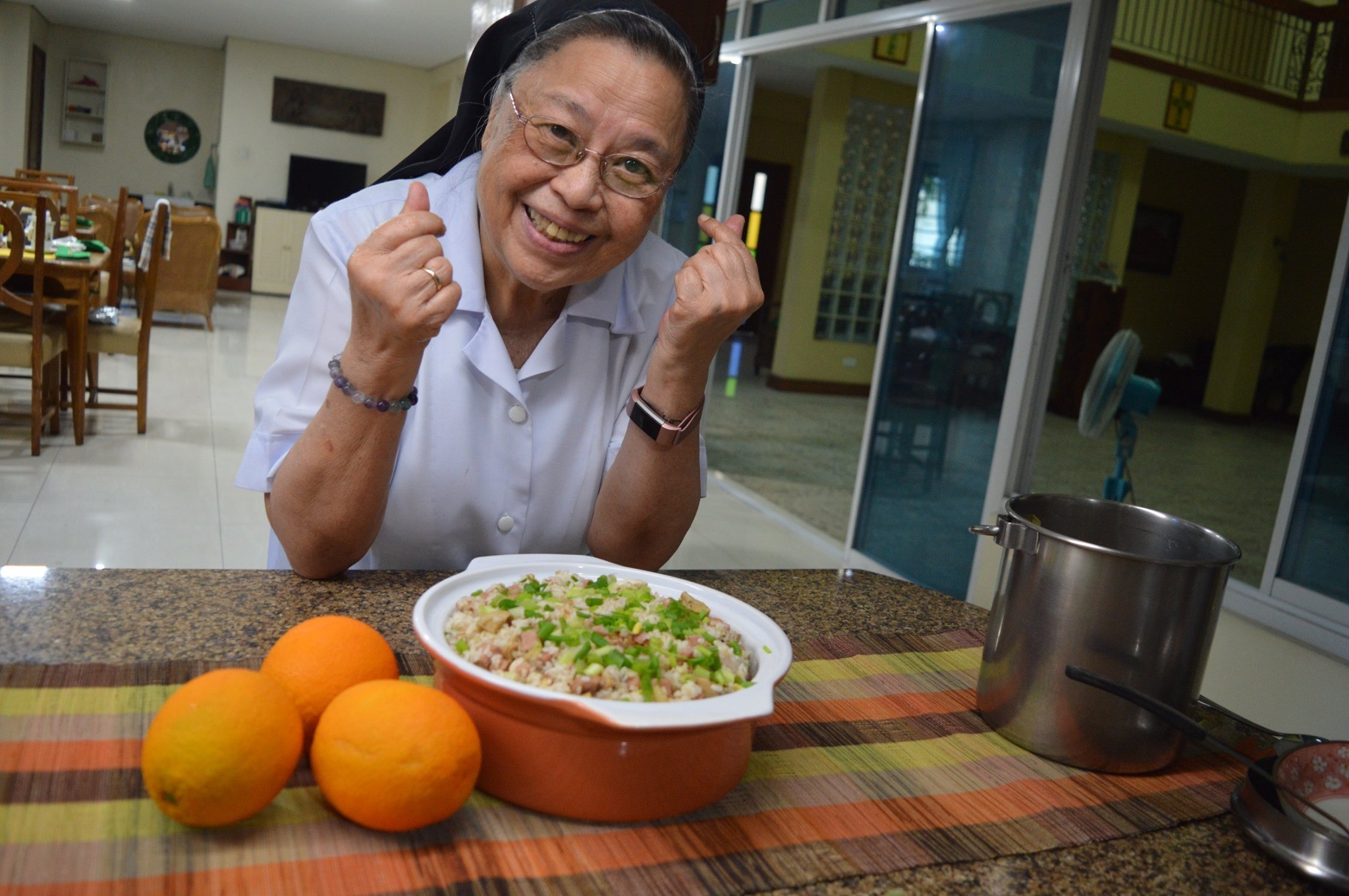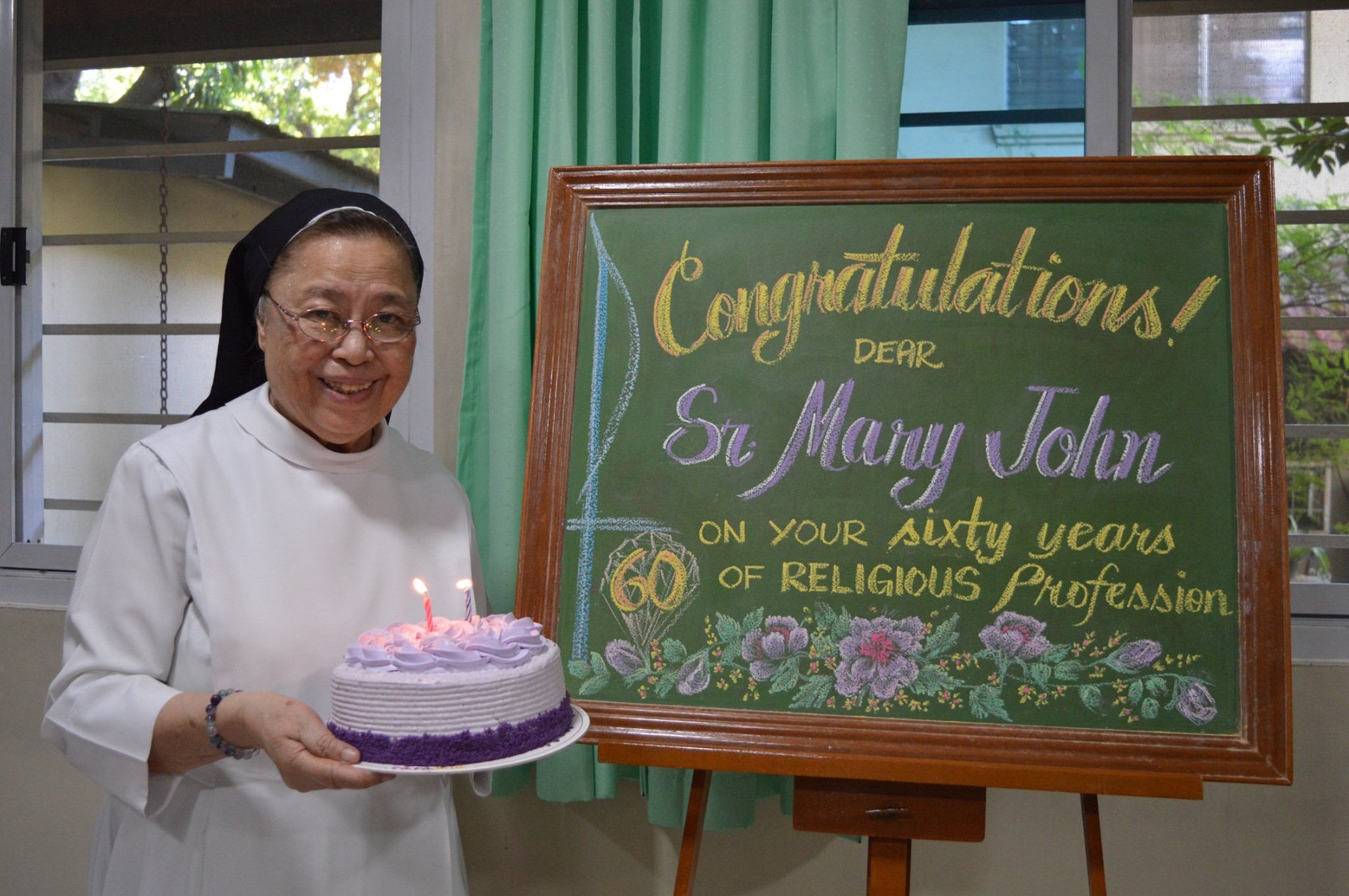The pandemic crisis became real to me on March 15 when a lockdown was declared in Metro Manila and many parts of the country. The quarantine meant postponement of many of my outside engagements, the most important of which was a speaking engagement in Geneva, Switzerland, which was supposed to be held on June 10 to 13. The event was moved to the same date of next year.
Personally, I found the quarantine an opportunity for much reflection, not only spiritually, but on many social issues. It has given me insights like finding more time for God — solitude and contemplation; having more interaction with one's family; developing better health and hygienic habits; developing personal and communal discipline; and developing compassion for those in need. More posts about my insights can be read on my Facebook account.
I also suggest that after this catastrophe, all countries should not go back to “business as usual.” I propose the following: the debts of all countries should be abrogated; economic globalization should end; each country should have sovereign and independent control of its economy; trading among countries should be governed by justice and equity; each country should strive for food self-sufficiency; each country should provide all the basic necessities for all its citizens; there should be gender equality in all aspects of life; all weapons of mass destruction should be destroyed; war should be given up as a solution to conflicts; let us all strive for JUST PEACE!

On a lighter note, I discovered my culinary talent during the quarantine. I started to cook every day for my community.

As a religious community
In our convent, nothing has changed much because we already live together in a community. We have our communal apostolate — the campus and the convent. Of course, during the quarantine, meetings outside, speaking engagements, public Masses, etc. were not allowed except for the conventual Masses.
“ I found the quarantine an opportunity for much reflection, not only spiritually, but on many social issues. ”
What we added to our usual prayer was daily 15-minute adoration, a centring prayer after each communal prayer, specifically, to visualize the blowing away of the COVID-19. We also introduced a day-to-day neighborhood rosary in Barangay 728 in Manila.
Our Tuluyan San Benito, a haven for the homeless people, accepted street families and women to stay in the shelter and provided them with their meals and other necessities. We also conducted feeding programs for cemetery residents, who have been our regulars for the past years.
Impact on St. Scholastica’s College
Honestly, we were not prepared for online learning when the enhanced community quarantine (ECQ) was implemented but teaching and learning had to continue.
When quarantine set in, it was very difficult both for the students and faculty, considering that not all students and faculty have strong internet connectivity. Based on the results of the readiness survey on flexible learning that we conducted, our students have to go to internet cafés or computer shops for internet access just to be able to participate in the online class or submit required outputs online.
When ECQ was implemented and the students could no longer go out of their homes, it became more difficult. What we did was to implement a varied mode of delivery or what we call alternative mode of delivery — so from March to May, it was not just about virtual or online classes. We had to adjust to what the students have. We had to ask our students what kind of gadgets and internet connection they had. We allowed our students to communicate and send data via Messenger or e-mail. Instructional delivery was done with much understanding and compassion. Some students informed us about being depressed, their family members being in hospitals and that they were afraid, worried, etc. Hence, we facilitated close coordination among our guidance counselors, the faculty and deans.
With regard to evaluation, we decided that we will take the last standing of the student as the one to be considered in the final evaluation. Those who have failing grades will be given a chance to make efforts to pass. Graduations had to be cancelled except for the College Department that can hopefully have actual graduation in October.
The President’s Council and the administrative councils of each unit — Grade School, High School and College — are meeting regularly online and, recently, face-to-face to plan for the next school year.
“ This pandemic has made us realize that both the government and private schools have to work seriously moving forward in order to really respond to the demands of 21st-century education. ”
We are definitely preparing ourselves for blended education, meaning, using online teaching and, later on, face-to-face learning, once this is allowed. We are negotiating with technical companies to make this possible and training our teachers to acquire the necessary skills for online teaching.
Another heart-rending problem is the question of the status of our staff: faculty, office personnel and general services personnel. We decided to give all their usual salaries until the end of June. From June to August, we have to resort to a diminution of workdays, every 15 days for the general services and three-day shifts for the office personnel. This, of course, entails a reduction in their pay. To minimize risks and to save transportation money, we provided free board (in renovated classrooms) for those on duty. An unexpected consequence of this is a closer bonding among them because they eat together and spend leisure time together before they go to rest at night.
The pandemic crisis, with all its negative impact and consequences, also brought about positive collateral effects, such as the closer bonds among the personnel and the acknowledgement by the lay partners of the generosity of the school in giving them full salary even without actual work. They also understood the dire financial state of the school, for example, the decrease in enrolment, etc. and so, many voluntarily donated back to the school their honoraria for extra duties and responsibilities.
This pandemic has made us realize that both the government and private schools have to work seriously moving forward in order to really respond to the demands of 21st-century education.
Edited by Charmie Joy Pagulong


